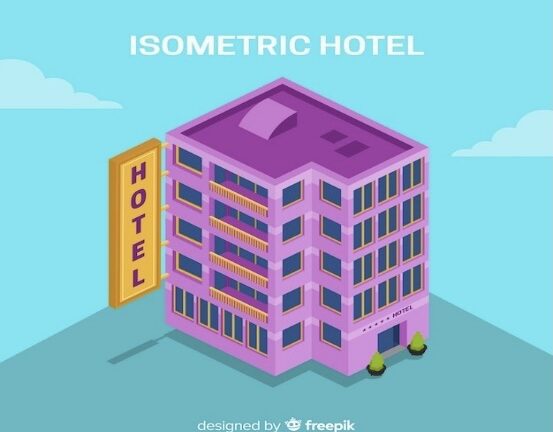Have you ever stayed at a hotel that left you feeling inspired and energized, or did it drag you down into a pit of disappointment? “Why does the décor seem stuck in the ’90s?” “Why does the breakfast buffet feel like a chaotic mess?” “Why is the juice warm and the coffee cold?” “Where on earth is pool access; I am looking for the steps and the ramp.” These are just some gripes that echo through the halls of many traditional hotels like the tired notes of an old, out-of-tune melody.
The Same Old Song
Many hotels offer a standardized experience that, while predictable, can often feel repetitive and boring. From the moment you check in to the minute you check out, the routine is familiar: the same beds, bathrooms, tiny toiletries. Whether in a bustling city or a remote resort, the experience is often indistinguishable—a lobby that could be anywhere, a room service menu that never surprises, and towels that lean more towards practicality than luxury.
The Battle for Boring
As consumer preferences evolve and demand grows for unique, personalized experiences, the traditional hotel model is under pressure to adapt. While hotels try to differentiate themselves through location, pricing, dining options, and amenities, the core of the guest experience—providing a comfortable place to sleep, eat, shower, and relax—remains largely unchanged.
Overlooked Markets
Many hotels and other accommodations are missing out on significant, untapped markets. These include travelers with physical and psychological challenges, seniors seeking more enriching experiences, off-season extended-stay travelers, and health-conscious guests looking for wellness amenities like state-of-the-art gyms, personal trainers, and unique spa services.
The Value of Inclusion
According to the World Health Organization, approximately 1.3 billion people—16% of the world’s population—experience significant disabilities. Despite this, the travel industry has been slow to cater to this market, with few businesses offering disability awareness training to staff or accessible accommodations for guests.
Brooke Hansen, an associate professor at the University of South Florida’s Muma College of Business, finds that travelers with disabilities represent a $58 billion industry. Recognizing this potential, Italy’s Ministry of Disabilities has initiated a $1.2 million grant to make the Trentino region more accessible. Efforts include adapting the Sound of the Dolomites concert series to be the first outdoor music festival with backpack-like devices that vibrate in sync with the music for hearing-impaired attendees. The region is also increasing accessibility through adaptive activities like skiing and mountain biking.
Similarly, Curitiba, the capital of the Brazilian state of Paraná, has made strides in inclusive tourism. The city has developed 3D-printed models of its tourist attractions for vision-impaired visitors to explore by touch during guided tours. The city’s Botanical Garden features a Garden of Sensations, complete with braille signs and plants designed to be experienced through touch, while the Oscar Niemeyer Museum has achieved 100% accessibility, offering ramps, audio guides, braille signage, and quiet rooms for visitors with sensory challenges.
The Power of Choice

Studies show that travelers with disabilities, once willing to tolerate discomfort, are now demanding equal service and aren’t afraid to take their business elsewhere. According to surveys by the Open Doors Organization, the spending power of disabled travelers in the U.S. alone surged from $35 billion in 2015 to an estimated $60 billion in 2020. This trend reflects a growing expectation for accessibility, with revenue from this market segment expected to rise by about 12% year over year.
The message is clear: if traditional hotels don’t adapt to meet the needs of these diverse and growing market segments, they risk being left behind.





